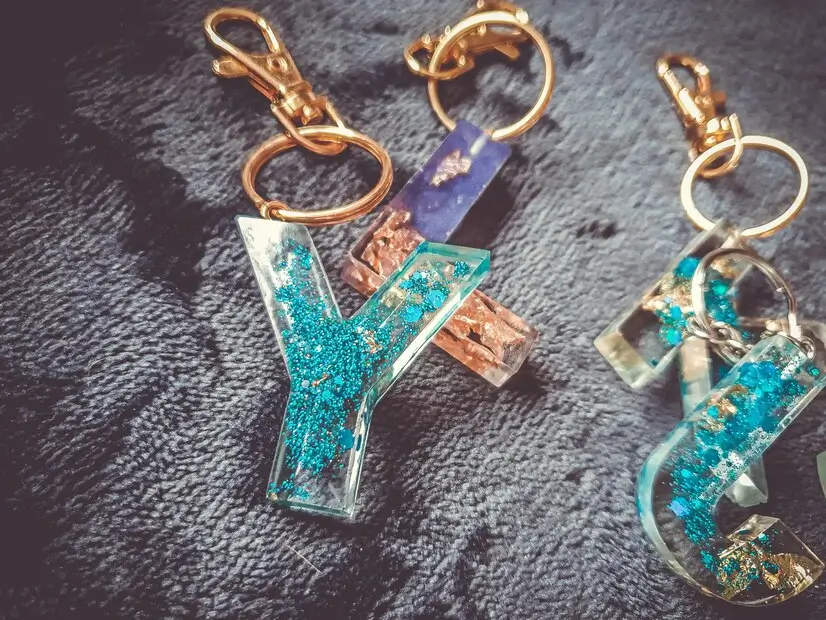With the endless wells of wisdom on the internet, it’s never been easier to find advice on women’s health. But with this accessibility comes an overwhelming flood of misinformation, especially targeting women. From miracle diet pills to dubious skincare treatments, misleading health information can have serious effects.
In recent years, health misinformation has become a significant concern. Why are women often the target? One reason is the heightened societal pressure on women about their bodies and health. Another factor is the multi-billion-dollar wellness industry that often capitalizes on these insecurities. Misleading information can lead to improper health decisions, which might have lasting consequences.
Journalism plays a crucial role in shaping public opinion and the accuracy of health information. Different types of journalism, such as investigative or feature journalism, can influence how health information is presented. Understanding different types of journalism is a good first step in helping you assess the reliability of the sources you encounter.
For parents who are already juggling a myriad of responsibilities, deciphering this sea of data can be daunting. So, we want to arm you with strategies to identify and avoid women’s health misinformation, ensuring you and your family stay well-informed and healthy.
Red Flags in Health Content
The prevalence of health misinformation can make it challenging for individuals to discern what is factual. Recognizing common signs of misinformation is essential in ensuring one does not fall prey to unfounded claims. Here are some signs of misinformation to watch out for:
- Sensational headlines: A huge red flag is sensationalist language, the absence of citations or references, and one-sided narratives that don’t address the good and bad equally. Phrases like “miracle cure” or “instant results” are often used to lure readers without scientific backing. Also, be cautious of health trends or treatments that seem too good to be true.
- Lack of credible sources: It is critical to examine the source of the information: Is it a peer-reviewed journal, a reputable health organization, or an unverified blog? Trustworthy articles list their sources and have author credentials. Be cautious of articles that lack this transparency. Holistic natural health products may provide many benefits — several are even backed by the scientific community — but they are prone to unsupported, exaggerated, and fabricated claims.
- Vague claims: Be wary of broad statements without supporting evidence. Any claims must be backed by scientific research to prove their efficacy. For example, many sources make vague claims about melasma during pregnancy, stating things like only women can get it and they can only get it during pregnancy. However, sources backed by scientific research will explain how the skin issue can happen to men and women and that pregnancy isn’t the only time a woman can get it.
By honing the ability to identify women’s health misinformation, you can better navigate the vast sea of health data available and safeguard yourself and the women in your life against detrimental health choices.
Trustworthy Sources for Women’s Health
To combat women’s health misinformation effectively, you must prioritize the search for trustworthy sources. Government health websites, such as the Centers for Disease Control and Prevention (CDC) and the World Health Organization (WHO), are among the most reliable and up-to-date resources available.
Non-profit organizations specializing in specific women’s health issues, like the National Women’s Health Network, can also provide valuable insights and guidance.
Engaging with recognized medical institutions, such as academic hospitals or certified health clinics, should be a priority. Additionally, leveraging local public health initiatives and programs can enhance personal awareness and education regarding prevailing health concerns for women.
Beyond online resources, seeking advice from healthcare professionals remains paramount, as they can tailor their counsel to individual needs, ensuring a personalized approach to health management.
Cross-referencing multiple sources not only enhances the reliability of the information at hand but can also lead to a broader understanding of women’s health information.
Real-World Consequences of Health Misinformation
The impact of health misinformation extends beyond poor health outcomes—it can lead to legal battles and significant harm.
For example, the Depo-Provera lawsuit highlights the consequences of pharmaceutical companies not sharing the information they should. Many women reportedly developed meningiomas after using Depo-Provera, leading to lawsuits against Pfizer for not adequately warning users of the risks.
Such instances undermine the importance of accessing accurate and complete health information, as misinformation or lack of transparency can severely affect women’s health and rights. For example, it can discourage women from going in for a checkup when they should, leading to potentially deadly outcomes.
All in all, health misinformation can lead women to be less knowledgeable about a situation than they should be, taking away empowered decision-making and the ability to exercise their rights as patients.
Conclusion: Staying Informed & Taking Action
In the digital age, staying informed is both a challenge and a necessity. Remember, to steer clear of misleading women’s health information:
- Verify sources: Always research the credibility of any sources you use.
- Recognize red flags: Be skeptical of sensational claims and vague information.
- Cross-reference: Review information from multiple reputable sources.
- Consult professionals: Always prioritize advice from healthcare professionals over online sources.
By following these strategies, you can protect yourself and the ladies you love from health misinformation. Share accurate information with your community, and encourage others to verify their sources as well.
Together, we can promote a culture of informed health decisions. If you have questions or concerns about your health, don’t hesitate to reach out to a healthcare professional. Your well-being is worth it!




